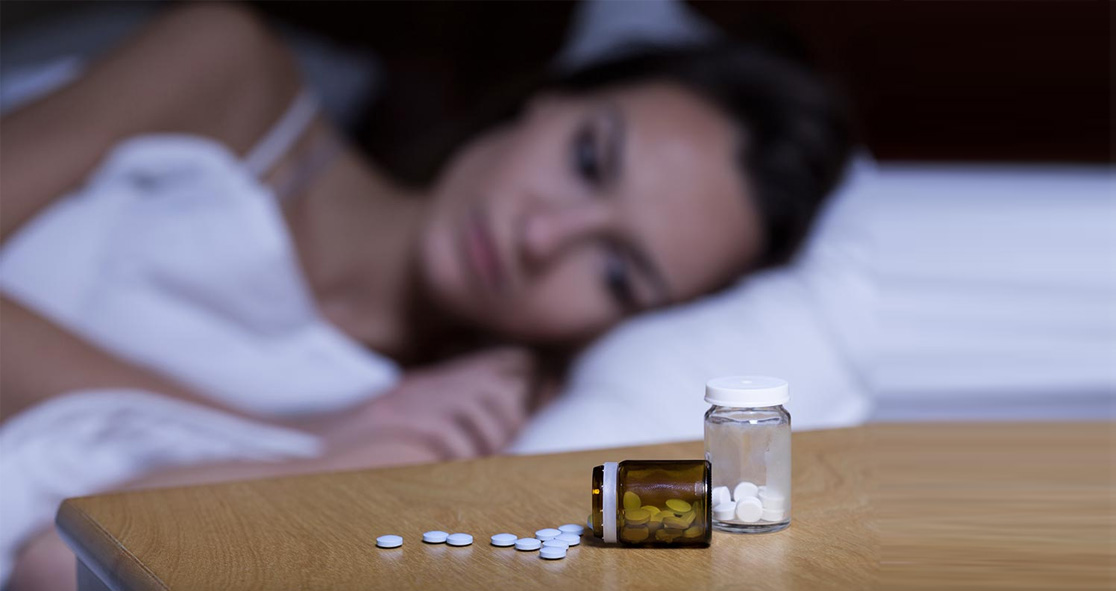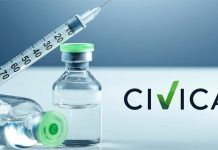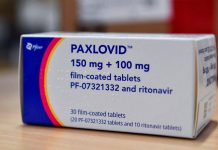If you have trouble either falling or staying asleep on a regular basis, you must see your doctor before trying any OTC medicines or any products.
Your doctor will try to identify the cause of your insomnia because identifying the underlying cause and treating it will help you get to sleep.
Lifestyle and behavioral changes could help treat insomnia. Managing stress, sleeping on a regular schedule, exercising regularly, and avoiding caffeine may help but some people need generic prescription sleeping pills as an additional treatment to treat insomnia.
Remember, generic prescription sleeping pills carry a few risks, especially for people who have medical conditions such as liver or kidney dysfunction. Therefore, it is recommended to talk with your doctor before taking any generic medicine for insomnia.
Here are some of the most common types of generic prescription sleeping pills doctors recommend:
- Benzodiazepines:
These are older sleeping drugs that may be in people who want an insomnia
medicine that stays longer in their body. However, benzodiazepines have a
serious risk of developing addiction or dependence. Estazolam, flurazepam,
temazepam, quazepam and triazolam are a few generic prescription sleeping pills
that come under benzodiazepine.
- Eszopiclone
(Generic Lunesta): This drug helps one to fall asleep quickly. Studies have
shown that people who take this drug sleep for 7 to 8 hours. Eszopiclone could
cause mild grogginess.
- Doxepin
(Generic Silenor): This drug has been approved for people with chronic
insomnia. It helps fall asleep by blocking histamine receptors.
- Lemborexant
(Generic Dayvigo): In December 2019, the Food and Drug Administration (FDA)
approved lemborexant for people with insomnia. The drug acts by inhibiting the
part of the central nervous system that keeps you awake.
- Zolpidem
(Generic Ambien): This drug may help people fall and stay asleep longer.
The FDA says people who use zolpidem should not drive, operate machinery, or do
anything that requires mental alertness. Generic Ambien is advised for the
short-term treatment of insomnia.
- Ramelteon
(Generic Rozerem): This generic prescription sleep medication works
differently than the others. It targets the sleep-wake cycle. It does not
suppress the central nervous system. One can use Generic Rozerem for a long
duration, as it has shown no evidence of dependence.
- Suvorexant
(Generic Belsomra): This drug blocks a hormone that promotes wakefulness
and causes insomnia, according to WebMD. It is an FDA-approved generic
prescription sleep medication.
- Zaleplon
(Generic Sonata): This drug stays active in your body for the shortest
duration than other drugs. You can take it without feeling much drowsy in the
morning.
- Antidepressants: Some prescription antidepressants may also help treat insomnia when taken in lower strengths. However, the FDA has not approved any antidepressants for insomnia. They are advised when insomnia is associated with depression. Common generic prescription sleeping pills given to people with depression include amitriptyline, mirtazapine, and trazodone.
Most sleep medications are available only under a prescription but there are a few over-the-counter (OTC) sleeping aids, such as antihistamines and melatonin. However, there is no strong evidence that they work well for insomnia.
Some generic prescription sleeping pills may not be safe in case of pregnancy and breastfeeding. Also, they are considered unsafe in people with liver disease, kidney disease, low blood pressure, heart rhythm problems, and a history of seizures. Generic prescription sleeping pills may be a good option if you fail to get a good night’s sleep even after your best attempts to overcome insomnia.























